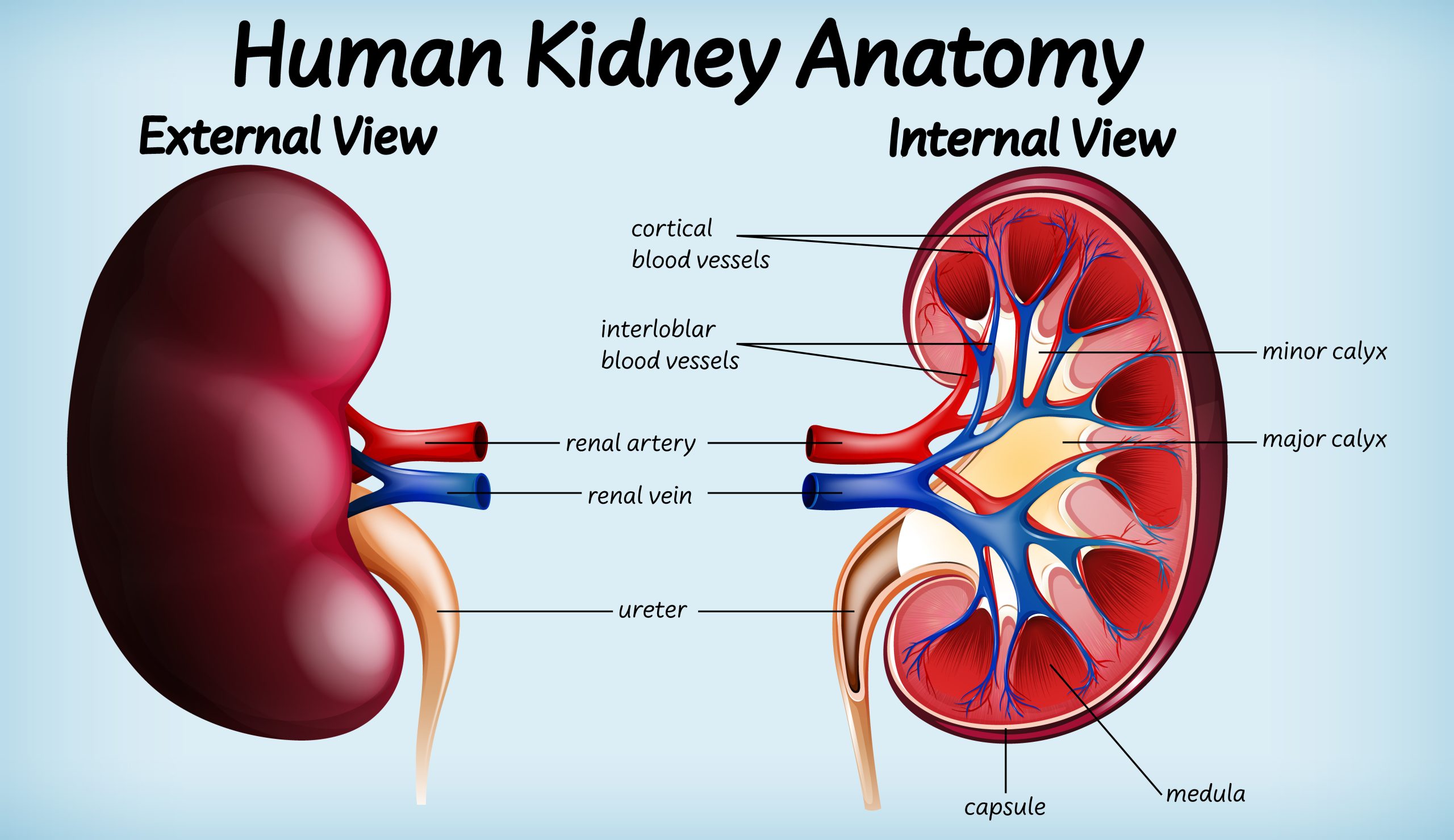No products in the basket.
First aid video call
Call ChatNephrology is a specialty of internal medicine that treats all diseases related to kidneys and urology. The kidneys play an important role in maintaining the balance of electrolytes and fluids in the body. Nephrology collaborating with urology in patients including children and adults will require surgical intervention. Conditions commonly seen in nephrology include non-autonomous urination, kidney cancer, prostatitis, and prostate cancer.

The organ that plays a key role in this organ is the kidney, which functions to excrete metabolites and waste products through urine. It is approximately the size of a fist and concentrates 1 liter of urine using 1,700 liters of blood per day. This process occurs in a kidney structure called a nephron, and there are said to be about 1 million of them in each kidney. Human bodies are composed of 60–70% water, of which two-thirds is found inside cells and the other third outside, surrounded by cell membranes. Nephron plays a role in keeping the entire body healthy by maintaining the function of this extracellular water at a constant level. In addition, one of the kidney’s functions is the endocrine function of producing and activating various hormones that are important for maintaining blood pressure, correcting anemia, and metabolizing calcium and phosphorus.
Kidney disease does not show clear symptoms in the early stages, and symptoms appear only after a certain level of progression. Therefore, kidney disease often leads to death. An estimated one in nine Americans suffers from chronic kidney disease, and about 1 million people die every year due to kidney disease. To determine whether you have kidney disease, you can do a blood test by measuring creatinine and albumin levels in the blood and checking for proteinuria. Normal kidneys generally have low glomerular filtration levels.
